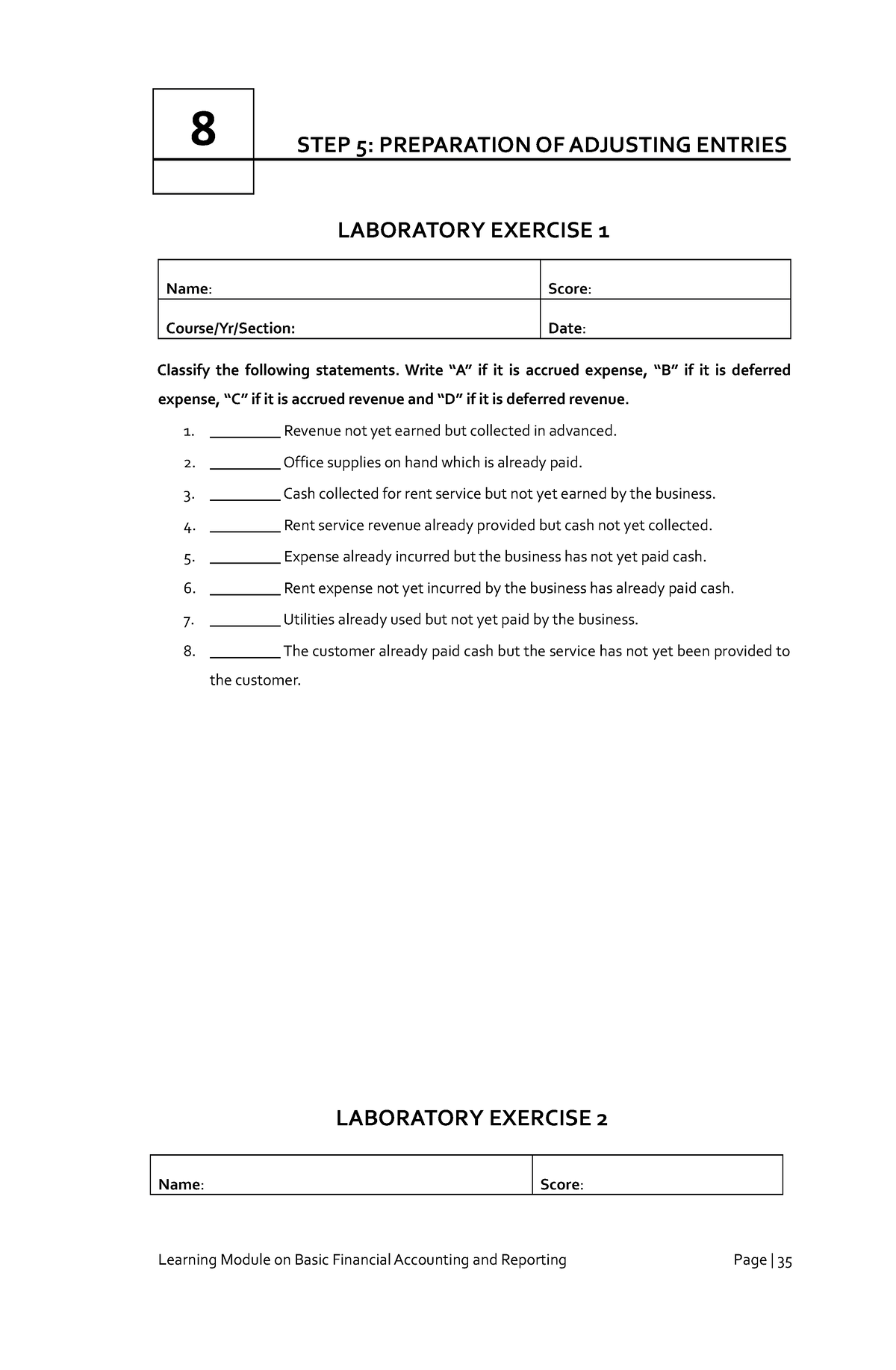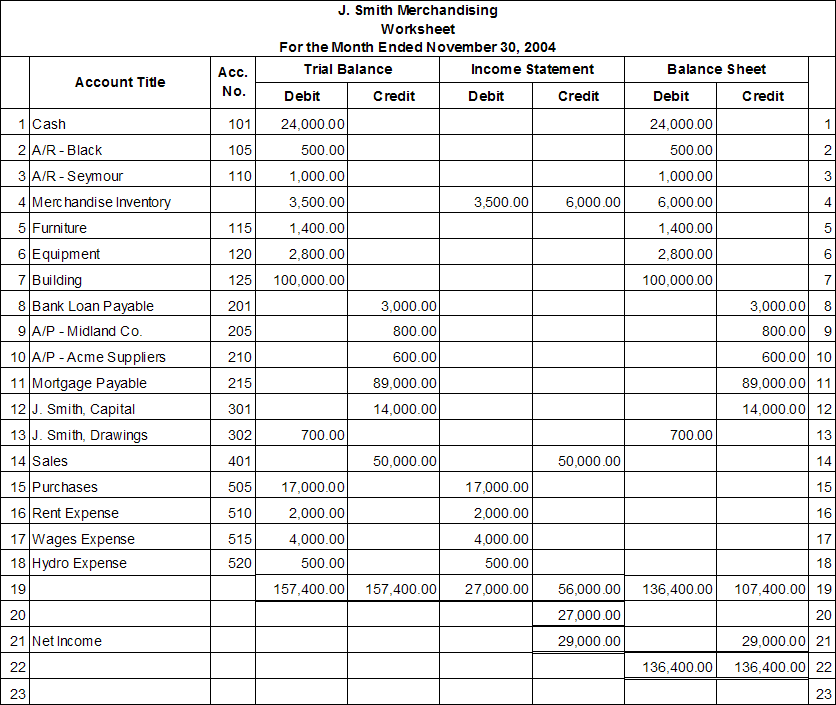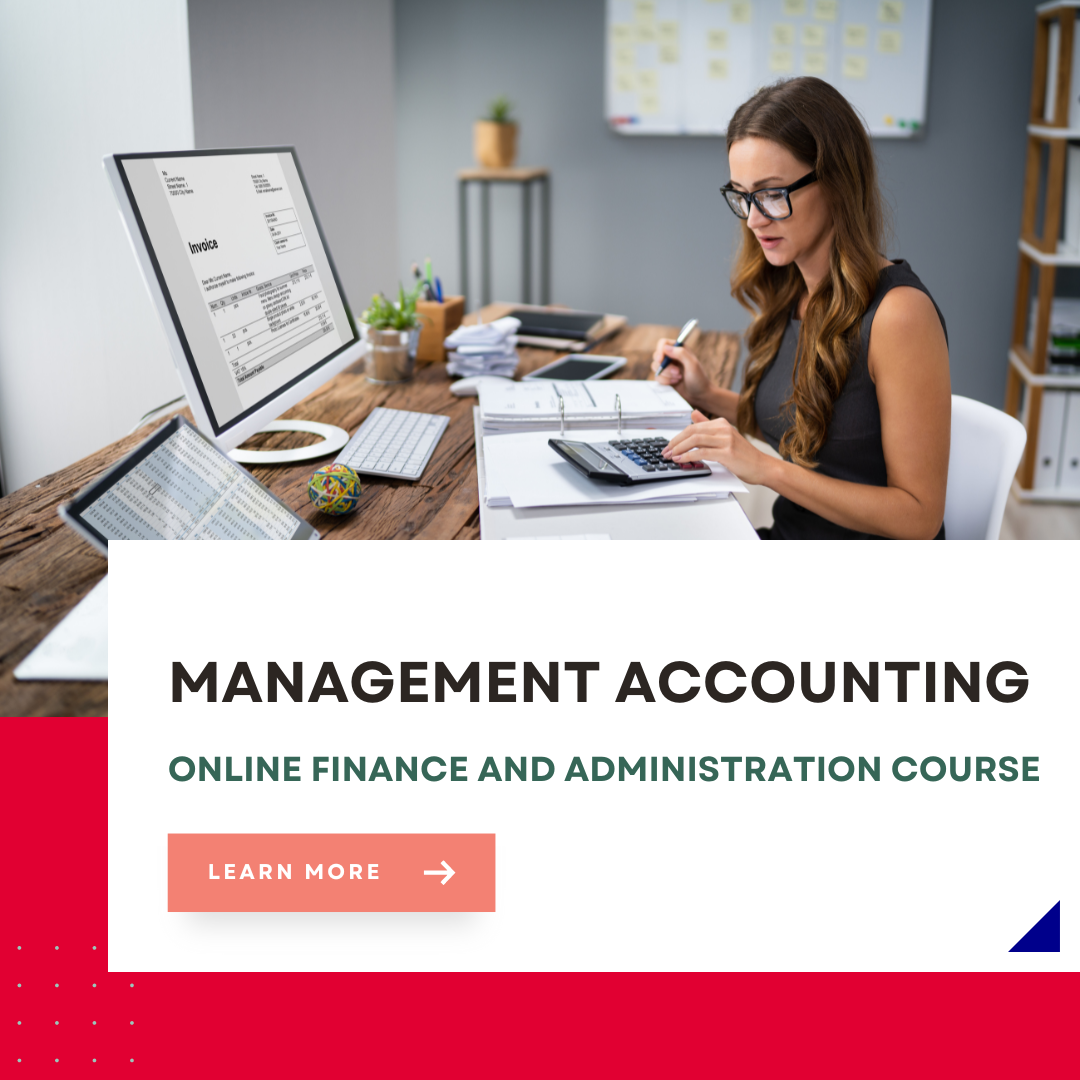
Learn accounting fundamentals from financial statements to business structure. Receive instant access to our entire collection of premium materials, including our 1,800+ test questions. Double Entry Bookkeeping is here to provide you with free online information to help you learn and understand bookkeeping and introductory accounting. A quick and thorough overview of 30 key managerial and cost accounting topics. This helpful, relevant, and easy-to-read study resource reflects many years of teaching and business consulting. Our Explanations simplify the most important accounting topics in a way that’s clear, straight-to-the-point, and easy to understand.
Learn Accounting Debits and Credits
Learning debits and credits for example can be an unnecessary roadblock. When students start working with me, we focus on solving accounting practice questions. These questions change how you think about accounting and change your approach to answering the questions you’ll see on your accounting tests and quizzes.
Bookkeeping Basics Quizzes
- The best way to learn accounting is to practice accounting!
- With 88 questions and exercises, this workbook will test you on all the accounting basics – from the basic accounting equation and journal entries to T-accounts, inventory and financial statements.
- Sold $15,000 of inventory on account (you have not been paid yet), sales price of $27,500.
- Our Practice Quizzes will help you assess your understanding of each Explanation and improve your retention.
Purchased equipment costing $30,000 by paying $18,000 cash down and agreeing to pay the balance in 2 years. Rented warehouse space, $5,000 was paid for this month and $10,000 was paid for the following 2 months. Sold $15,000 of inventory on account (you have not been paid yet), sales price of $27,500. Purchased inventory to be sold to customers, $45,000 on account. For your convenience, difficulty levels and time limits are stated at the beginning of each of these exercises.
Time Value of Money

All of these questions and exercises will help you prepare very well for your tests and exams. There are hundreds of questions posted all around this website. If you’re looking for a question on a specific accounting topic and didn’t find it above, use this site search bar. It’ll help you find the question you’re looking for, or at least something close.
For the exercises below, write your answers on a piece of paper. When you’re done, check the answers page at the end to see if you got them correctly. Our intuitive progress tracking will help you visualize your current progress and pick up where you left off. This is perfect for busy individuals that prefer to learn at their own pace. Our real-world business forms include helpful instructions and filled-in examples that are designed to help you understand accounting in yet another way.
Accounting Quiz
For the past 52 years, Harold Averkamp (CPA, MBA) has worked as an accounting supervisor, manager, consultant, university instructor, and innovator in teaching accounting online. In this quiz you need to name whether certain items are capital expenditure or revenue in nature. These are good concepts to understand (I’ll explain them in the solution) and the exercise is a good test of your understanding of some of the basic elements of accounting. As we all know, the basic accounting equation is the foundation of accounting, so you better know this well.
With more than 25 years of teaching experience, Harold brings accounting to life by combining theory with real-world examples and stories. Debits represent cash received and credits represent cash paid, the balance is the difference what happens if you don’t file your taxes in what was received and what was paid, which gives you what you now have. Each asset, liability, owner’s equity, revenue, and expense account gets a “T” account. It is called a “T” account because you draw a T first.
Provided services to customers for the amount of $19,000, the customers will pay in 30 days. Paid $7,000 cash and agreed to pay the balance in 6 months. This is a nice little question on the sale and purchase of fixed (or non-current) assets.






